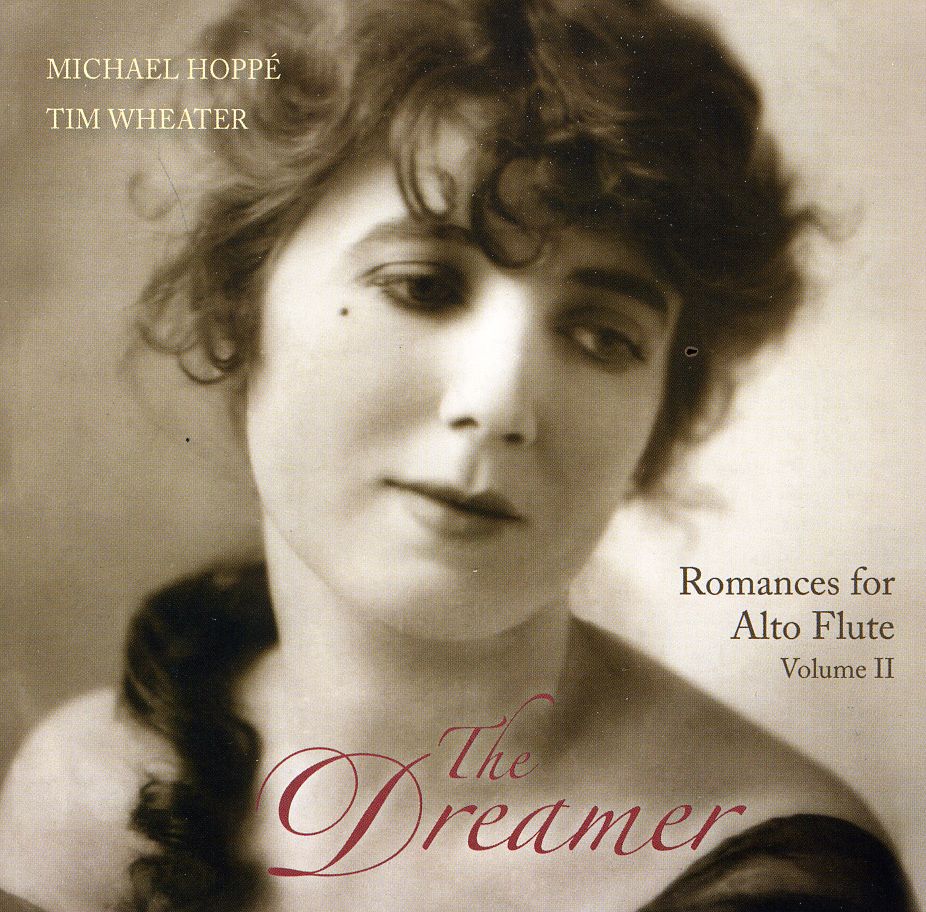
Shakespeare's women take the spotlight in Elizabeth Sylvia's haunting poetry, unleashing their grief, rage and power.
NONE BUT WITCHES: POEMS ON SHAKESPEARE'S WOMEN is a stunning debut collection by Elizabeth Sylvia, winner of the 5th annual Three Mile Harbor Poetry Prize. Although Sylvia started off accepting the truism that Shakespeare was remarkable for the depth of his female characters, she found herself surmising that the women had a lot more to say than they were given. Sometimes sympathetic, frequently enraged, Sylvia began writing to them, for them, as them, the poems ultimately going into this richly textured collection that looks at the plays themselves, at the poet's own life as a woman, and at women's continuing efforts to take the stage in the contemporary world.
Shakespeare rarely passes the Bechdel test, but in Elizabeth Sylvia's brilliant debut, the women get the last word --sometimes a laugh, sometimes a guttural scream as they insist they are more than a 'pair of tits attached to broken, / a hurt circuit flipped again and again.'--Josephine Yu, author of Prayer Book For The Anxious
You don't need to have studied the Bard to recognize these women captured in Sylvia's lush monologues and portraits --mothers mourning their children, queens striving for power, girls disguising their bodies. In the opening poem, we read, 'All / they do is orbit, casting here and there / reflected light, and when they light / the path, it is a man's path they light.' And yet in NONE BUT WITCHES, Sylvia gives these women their own path, one richly illuminated with metaphor and wit.--Julie Danho, author of Those Who Keep Arriving
NONE BUT WITCHES is an extraordinarily unique, imaginative and important first book that speaks a truth that needs to be heard.--Cindy Veach, author of Her Kind
Sylvia writes that 'An understudy earns her keep by learning / all the lines.' And like the women whose stories she inhabits, Sylvia is an accomplished understudy, slipping in and out of character and form with ease. These poems are wise and wondering and irrepressible, 'roaring that we are all more than would be made of us.'--Meghan Dunn, author of Curriculum
In providing a humanizing critique of the Bard's lasting gift, Elizabeth Sylvia makes her own shining work of art.--David Baker, author of Whole Fail
Poetry. Women's Studies. Poetics.







